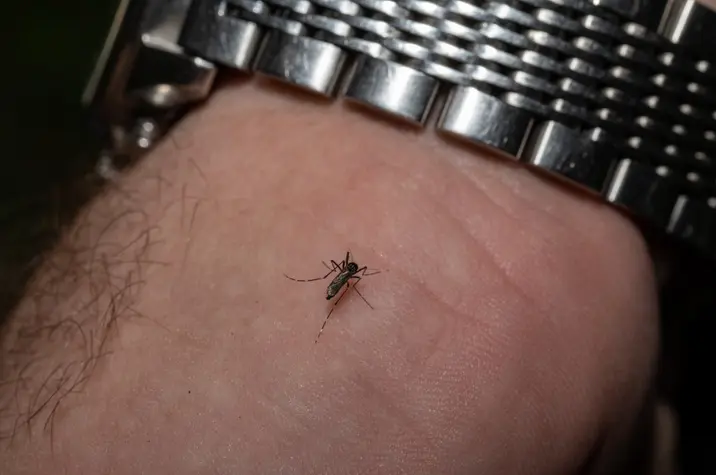T4K3.news
West Nile death in Idaho prompts health alert
Idaho reports its first West Nile virus related death of 2025 and urges mosquito bite prevention.
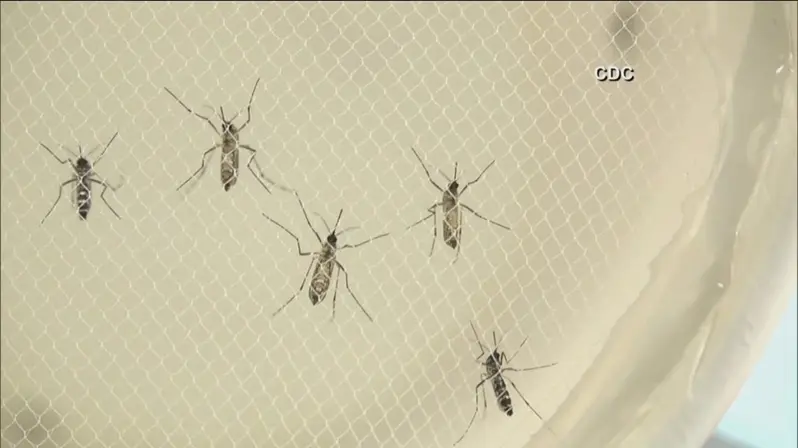
West Nile virus can cause fever and serious brain and spinal infections.
Idaho confirms first West Nile virus related death in 2025
Twin Falls County, Idaho, records the state's first West Nile virus related death in 2025. The decedent was over 65, and officials say the death was due to West Nile virus encephalopathy. The virus has been detected in mosquitoes across seven southern Idaho counties and in Malheur County, Oregon, though not every county tests mosquitoes.
Public health officials urge people to protect themselves from mosquito bites. Prevention measures include wearing loose clothing, using EPA registered repellents, treating clothing with permethrin, netting for strollers, repairing screens, and removing standing water around homes. The EPA offers tools to find suitable repellents, and the CDC provides guidance resources. Most people infected show no symptoms; a smaller share develop fever with additional symptoms, and severe illness affecting the brain or spinal cord occurs in about 1 in 150 infections. About 10% of those with severe disease die. Older adults and people with certain medical conditions are at higher risk, and recovery can take weeks or months.
Key Takeaways
"We strongly encourage Idahoans to fight the bite of mosquitoes to protect themselves and their families"
Dr. Kathy Turner on prevention
"This tragic death from West Nile virus is a good reminder for all of us to take protective measures against mosquito bites"
Dr. Kathy Turner on the seriousness of the case
"Covering strollers and baby carriers with mosquito netting"
Official guidance for protecting children
This death highlights the ongoing risk of mosquito borne disease as warm weather lingers. It also reveals how testing and surveillance can vary by county, since not all areas test local mosquitoes. The message to protect against bites is practical, but it requires consistent effort from residents and local leaders alike.
Looking ahead, the situation may hinge on weather patterns and local mosquito control efforts. Public health guidance from the EPA and CDC helps families plan protections, but the real work happens in everyday choices—from draining standing water to checking home screens and applying repellent in the evenings. A calm, steady public health response can keep communities safer without causing alarm.
Highlights
- Fight the bite to protect your family
- This tragic death reminds us to take protective measures
- Mosquitoes are most active at dusk and dawn
- Covering strollers and baby carriers with mosquito netting
Vigilance remains essential as mosquito season continues.
Enjoyed this? Let your friends know!
Related News
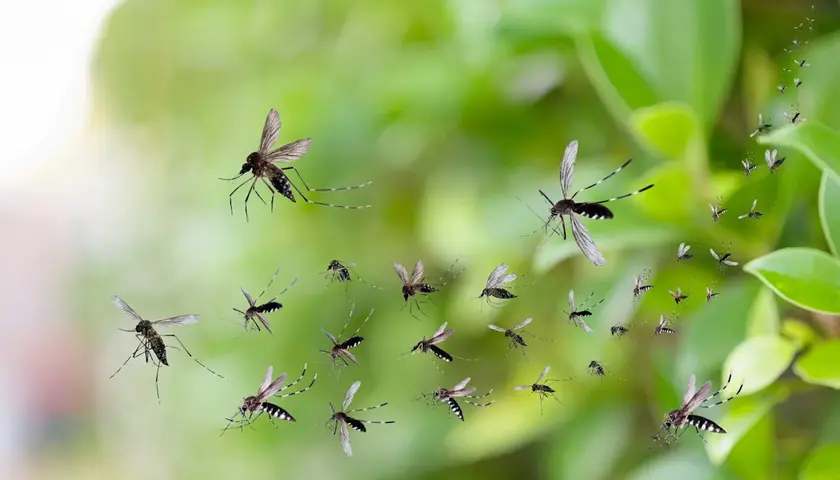
West Nile virus detected in Illinois mosquitoes
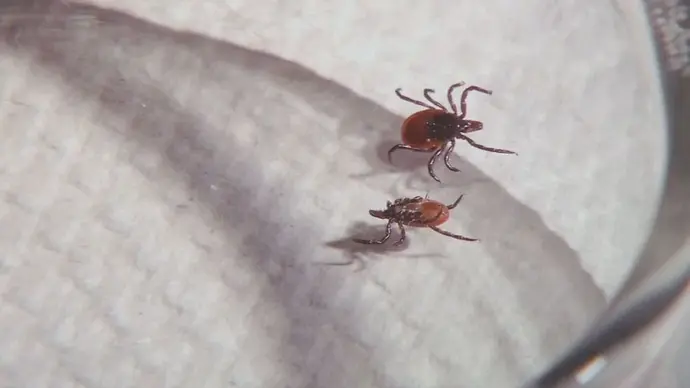
Maine confirms first Powassan virus case
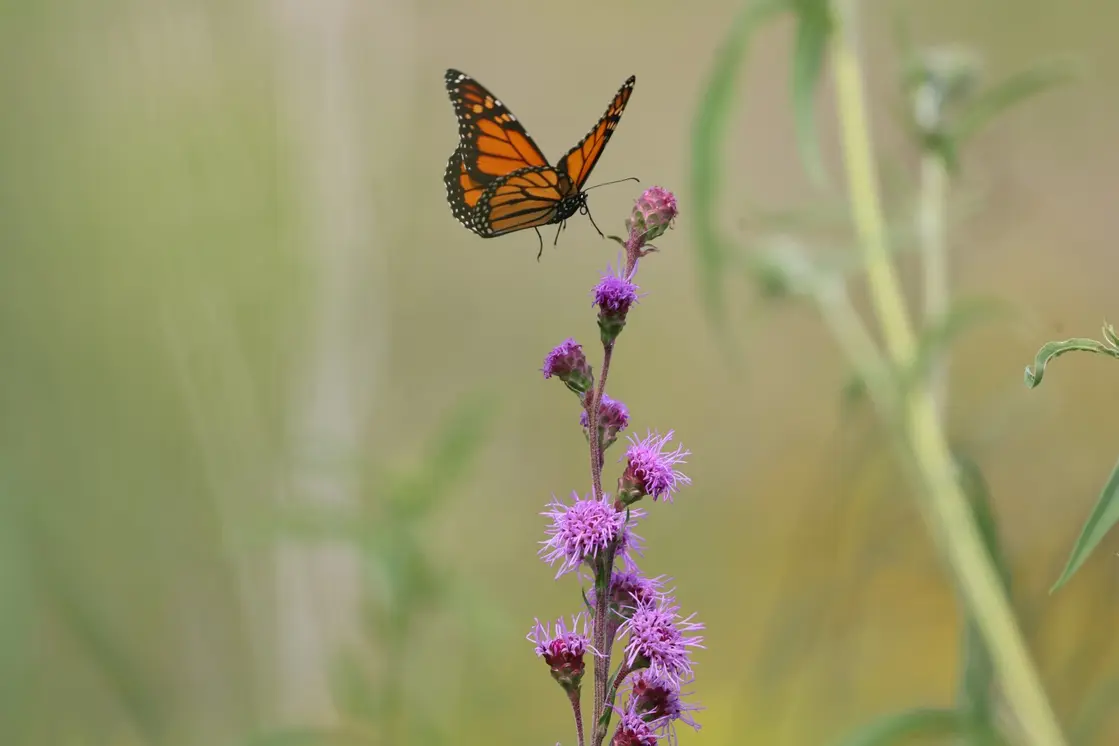
Moorhead delays aerial pesticide spray

West Nile virus cases reported in multiple states

Travel warnings issued for parts of Europe
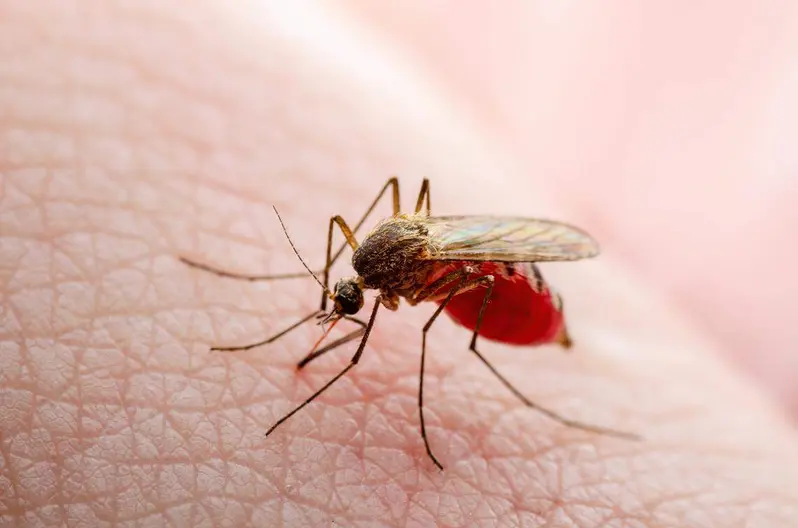
West Nile virus activity rises in California counties

Maine reports first human case of Powassan virus this year
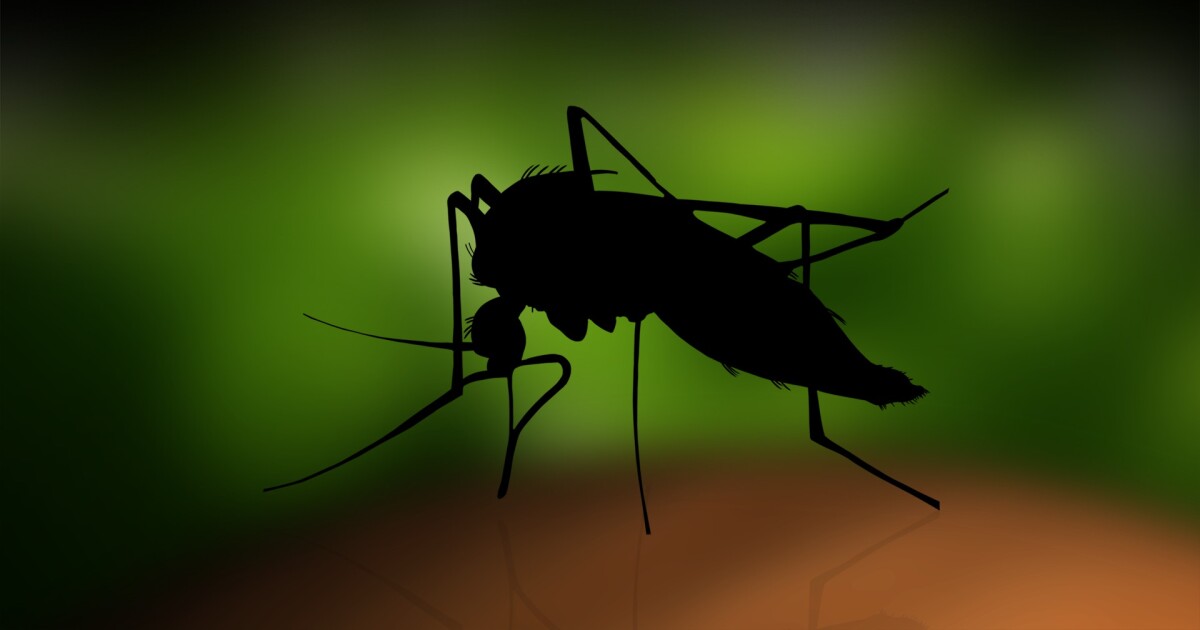
First West Nile virus death reported in Maricopa County
